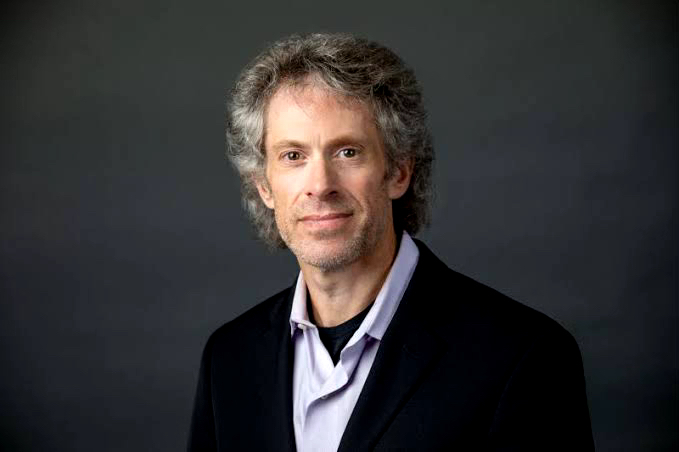Agustín Parise’s time is running out as research associate at the University’s Center of Civil Law Studies and adjunct professor of property law in Latin America.
Parise will leave the University in late September to expand his current research in civil law. With a full research grant, he will work for Max Planck Institute for European Legal History in Frankfurt, Germany.
While working at the University, Parise completed his doctoral degree in law at the University of Buenos Aires in Argentina.
“I will not be losing a friend because I know we will keep in touch, but I will be losing my right hand,” said Olivier Moréteau, director of the Civil Law Center.
Parise spends endless hours each day researching a huge copy of the Argentina Civil Code, in which he pursues in-depth research on the level of influence Louisiana’s law code has on Argentinian law.
Parise said his daily work is often tedious.
“You will be what you are meant to be, and if not, you will be a lawyer,” he joked.
Parise uses that adage to refer to the amount of lawyers at his school in Buenos Aires — about 35,000.
Coming from two generations of lawyers before him, Parise said he went through a “rebellious” stage and enrolled in engineering school after high school.
After one year, he quickly retreated from engineering and, as Parise said, returned to his first “true love,” the law.
With a full scholarship, Parise received his master’s degree in law from the Paul M. Hebert Law Center in 2006. Moréteau immediately hired Parise to work as his research associate for the Center of Civil Law Studies.
Moréteau said he quickly recognized Parise’s extensive knowledge of law history and his ability to analyze law codes.
Together they have written books and are the editors and creators of the Journal of Civil Law Studies.
Parise said he was attracted to the University because of the Civil Law Center — the only center of civil law in America.
Louisiana is an exceptional state, Parise said. With French, Spanish and Roman influences, Louisiana is the only state in the U.S. where the law code is based on the civil law tradition, as opposed to common law, which is practiced in the other 49 states.
“Students here see how the civil law system works,” Parise said. “Being here, you have a really international perspective.”
About 70 percent of the world practices civil law, and with an increasingly global economy, Parise said it’s important to be schooled in civil and common law.
Parise referred to the Hemispheric Freedom Symposium, a worldwide conference that will be held in Baton Rouge later this month, which the former Costa Rica president and Nobel Prize winner Óscar Arias will attend.
Parise said there will be a session on law and codification, which will address how Louisiana may share common routes as well as common markets through its civil-law system with Latin America.
As adjunct professor of property law in Latin America, Parise finds a way to make his class interesting.
“The class is in a very intimate setting,” said Micah Fincher, a third-year law student in Parise’s class. “[Parise] brings books to show us and makes history come alive.”
—-
Contact Linden Uter at [email protected]
Professor to travel to Germany
September 8, 2010




